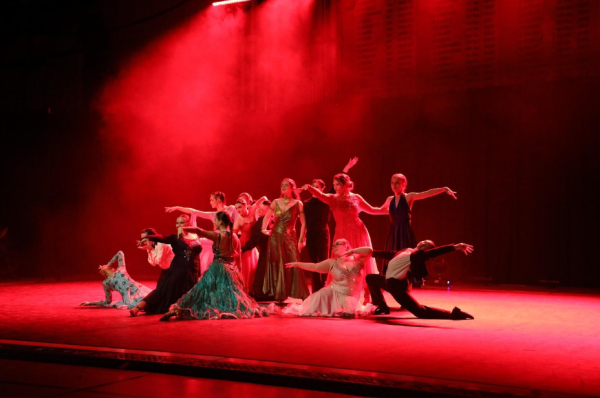November History Highlights
Nov. 1 and 2
The first two days of November are when Dia de los Muertos (Day of the Dead) celebrations occur throughout Mexico and some parts of the United States. Dia de los Muertos developed from an Aztec festival dedicated to the goddess Mictecacihuatl and catholicism’s influence on that event. Mictecacihuatl is the “Lady of the Dead,” but the Catholic Church rejected the Aztec’s beliefs and turned it into All Saints’ Day and All Souls’ Day. These two days then fell into the catholic calendar. Today, customs regarding Day of the Dead festivities have morphed into the distinct tradition it is now, with flowers, altars, food and music.
Nov. 4
In 1922, King Tutankhamun’s (Tut) tomb was discovered in Luxor, Egypt, by British archaeologist Howard Carter. This came after several years of searching.
On the same day in 1943, the Battle of El Alamein between British and German forces occurred and resulted in a British victory after twelve days of fighting.
Nov. 5
In England, Guy Fawkes Day remembers the infamous Gunpowder Plot in London. Starting in May of 1604, a handful of catholic dissidents (Guy Fawkes, Robert Catesby, Tom Wintour, Jack Wright and Thomas Percy) met at the Duck and Drake Inn in London, where Catesby proposed a plan to blow up the Houses of Parliament with gunpowder.
According to the plan, Fawkes would light a fuse on Nov. 5, 1605 during the opening of a new session of Parliament. King James and his eldest son would be killed, and the House of Lords and the House of Commons would be destroyed.
That October, however, an anonymous letter advising a catholic sympathizer to avoid the State Opening of Parliament alerted authorities of the existence of a plot. A search party later found Fawkes skulking in his cellar around midnight on Nov. 4, with matches in his pocket and 36 barrels of gunpowder stacked next to him.
Fawkes and his surviving co-conspirators were all found guilty of high treason and sentenced to death in January of 1606 by hanging, drawing and quartering. To celebrate the event in modern times, many people in England burn effigies of Fawkes, and the Houses of Parliament re-enact the search party that went into the cellar and found Fawkes.





